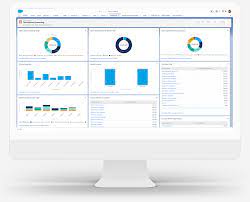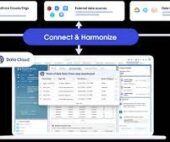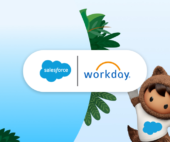As cloud computing becomes more prevalent and accessible, nonprofits are increasingly leveraging its benefits to enhance operations, boost fundraising efforts, and adapt to changing circumstances. Cloud Computing for NGOs.
Despite this transition trend, some organizations remain hesitant to adopt cloud technology due to perceived costs, technical expertise gaps, and concerns about security. However, the advantages of cloud computing are pplentiful and can significantly impact nonprofit efficiency and effectiveness.
Cloud Computing for NGOs
For nonprofits, especially those impacted by the ongoing pandemic, cloud computing offers transformative advantages. It allows organizations to conserve resources by freeing up in-house IT teams or reducing their reliance on them altogether. Furthermore, cloud technology enables nonprofits to enhance digital experiences for donors and volunteers, particularly for those accustomed to in-person fundraising events.

Beyond these benefits, cloud computing drives digital transformation within nonprofits, revitalizing processes and enhancing marketing efforts. Here are some specific advantages of cloud computing for nonprofits:
Process Advantages:
- Efficiency and Scalability: Cloud computing enables in-house IT teams to focus on mission-critical tasks while providing flexibility to scale operations as the organization grows.
- Integrated Software Systems: Cloud-based solutions offer seamless data integration across applications, facilitating better data consolidation, analysis, and impact measurement.
- Enhanced Security and Compliance: Cloud technologies provide robust security configurations to ensure compliance with data privacy regulations such as PCI DSS, HIPAA, or SOX, with features like multi-factor authentication embedded in the product.
Marketing Advantages:
- Resource Optimization: Cloud services reduce the burden on nonprofit staff, allowing them to shift focus from IT-related tasks to strategic activities that drive mission success.
- Flexibility and Accessibility: Cloud platforms provide instant access to donor information from anywhere, enabling contactless engagement with donors and volunteers, which is crucial in a post-pandemic environment.
- Increased Marketing Reach: Cloud-based tools open up new marketing channels and enable greater interaction with stakeholders, facilitating the delivery of messages and services that were challenging with on-premises software.
For nonprofit organizations striving to create awareness, raise funds, recruit volunteers, and advocate for change, cloud computing offers a cost-effective solution to enhance operational efficiency, improve marketing strategies, and ensure compliance and security. By embracing cloud technology, nonprofits can thrive in today’s digital landscape while focusing on their core mission of serving communities and effecting positive change.













